COGA Fact Sheet: Public Health
Safety is the top priority for Colorado’s oil and natural gas industry. We want nothing more than to ensure our community is a safe place to live, which is why companies often go above and beyond regulatory requirements to operate safely and responsibly.
Air Quality
The Colorado Department of Public Health & Environment (CDPHE) reviewed 10,000 air samples from areas of the state with “substantial” oil and natural gas operations and found air quality to be below short - and long-term “safe” levels, even for sensitive populations.
Water Quality
Colorado requires initial baseline groundwater sampling within a one-half mile radius of a proposed oil and natural gas well before drilling occurs. After site development is completed and production has started, operators are required to sample groundwater within six to twelve months and again five years later. All laboratory results must be provided to the state.
Health Risks
CDPHE and analyzed found no link between oil and gas operations and adverse health effects in Weld County between 2002 to 2015. This was true even as oil production in the county increased 12 times, natural gas production increased three times, and well counts more than doubled. In fact, during that same timeframe, Weld County cancer rates decreased by 1.9 percent, respiratory illness decreased by 9.1 percent, and heart disease decreased by 21.4 percent.
Industry Efforts
Proactive measures in 2017 and 2019 to plug and reclaim an estimated 6,000 wells, resulting in emissions savings.
Consistently perform Leak Detection and Repair (LDAR) audits using infrared cameras that detect emissions invisible to the human eye.
Voluntary programs to reduce emissions on high ozone days, including:
Delayed operational activity
Reduced vehicle traffic and miles traveled
Alternate vehicle fueling times
Additional aerial surveys to detect and fix leaks
Protecting and safeguarding water sources by lining each well with multiple, concentric layers of steel and cement casing to ensure proper construction and integrity.
Transporting oil, natural gas and water from well sites via pipelines, not trucks, as often as possible to eliminate millions of truck miles in our communities and eliminate emissions from storage tanks.
Colorado Leads the Country in Regulatory Oversight
Over the past eight years, Colorado has held 14 precedent-setting regulatory oil and natural gas focused rulemakings, each with a host of new regulations, from baseline groundwater testing and monitoring to air regulations targeting methane leak detection and repair.
These regulations ensure a safe environment for the public, the safety of our workforce, and the administrative oversight to ensure the oil and natural gas industry remains a responsible and integral part of Colorado’s bright economic future.
Additional Resources & Information
Colorado Department of Public Health (CDPHE) | www.colorado.gov/cdphe
Colorado Oil & Gas Conservation Commission (COGCC) | www.cogcc.state.co.us
Energy in Depth (EID) | www.energyindepth.org









